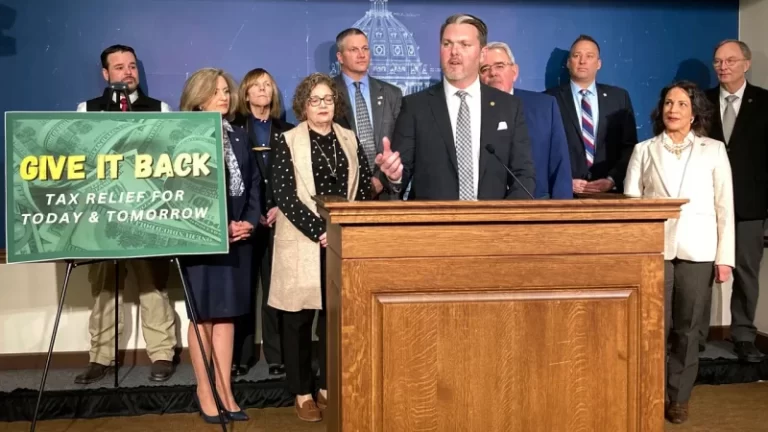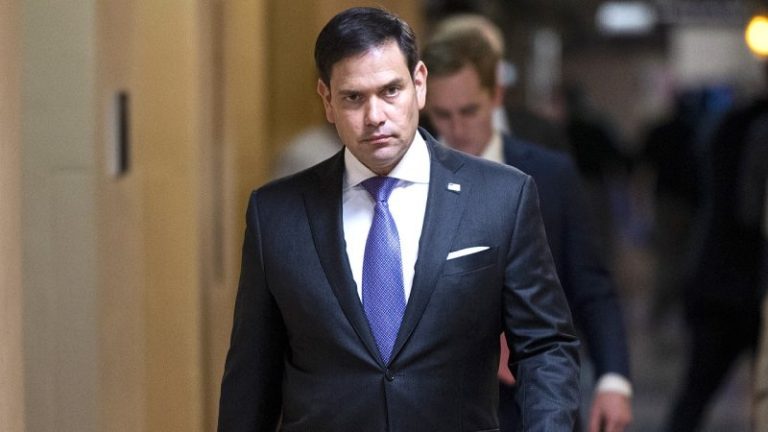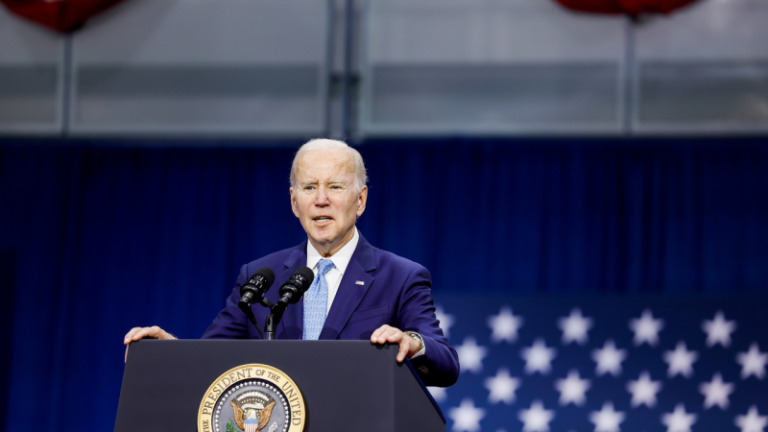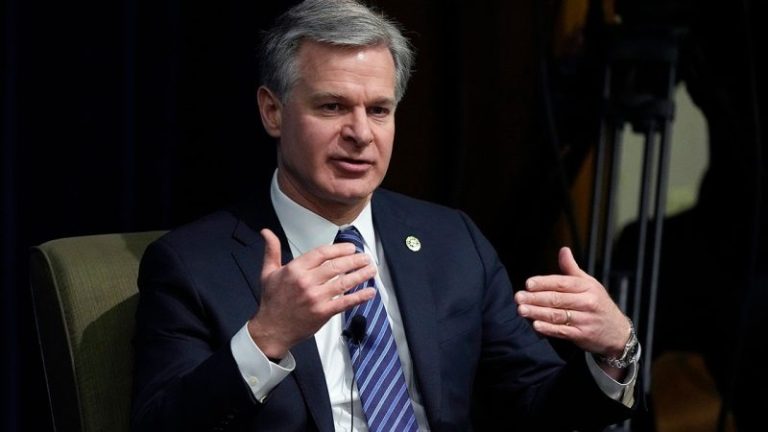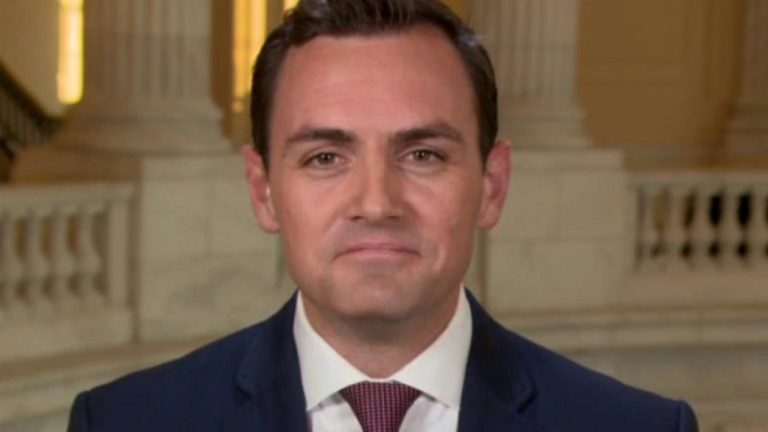The ink has not yet been applied to Manny Machado’s 11-year, $350 million contract extension and yet the concerns abound.
What, exactly, are the Padres going to do in 2033 with a third baseman, Machado, and a shortstop, Xander Bogaerts, due to make $56.8 million, when both are 40 years old and possibly better suited for pickleball than Petco Park?
They are pragmatic, well-founded questions posed by fans and media alike as baseball propels into yet another unprecedented fiscal era. And they are about as relevant as the Padres’ 2023 concerns about Eric Hosmer, starting first baseman.
Who’s that, you ask?
Ah, yes, Hosmer. While many herald Machado’s 10-year, $300 million pact with the club in February 2019 as the turning point for the franchise, it’s easy to forget that Hosmer’s eight-year, $144 million deal signed before the 2018 season officially signaled that San Diego was open for business. Procuring the then-28-year-old was a credibility signing, a culture signing, never mind that he’d be 35 and likely a well-below-average offensive profile by the time his deal expired.
Well, Hosmer is 33 now, and already he’s an ex-Padre. He was traded to Boston last August, the Padres assuming all $44 million still owed him, his services no longer required as the Padres sought someone better. Way back when, you heard a lot of concerns about the likelihood of dead money and the concerns Hosmer’s deal would be an albatross.
Yes, the Padres are paying him not to play for them. Yet the Hosmer deal is far from an albatross, and there’s a very good chance public sentiment will shift that way when Bogaerts, Machado, Fernando Tatis Jr. (now in Year 3 of a 14-year, $340 million deal) and ace Yu Darvish (recipient of a $108 million extension this month) have aged out of their value.
Let’s explore.
Balancing the books
We get it: Baseball’s getting weird again. Runaway revenues paired with devil-may-care owners in places like Flushing, Philly and the Gaslamp Quarter makes it seem like financial Armageddon or at least a payroll hangover are imminent. In addition, industry obsession with the luxury tax payroll has forced clubs to offer contracts almost absurd in length, the better to lessen current and future penalties.
Yet we often lose sight of a club’s actual payroll, whether deals are front- or backloaded and a club’s ability to manage its budgets. Take Hosmer: His average annual value is $18 million, but in the first five years of the deal, the Padres paid him $20 million per season along with a $5 million signing bonus. This year, he will cost just $13 million – which suddenly doesn’t seem so bad, about the cost of an injured mid-rotation starter, say.
And so it will be with the Padres’ long-term quartet. Tatis is making just $7 million this season, while Darvish is due $24 million. That will just about flip in 2026, when Tatis receives $20 million and Darvish $15 million.
Let’s think about 2026 for a moment: Bogaerts and Machado will both be 33, still likely in their primes or close to it and probably still playing their intended positions. Tatis will be just 27 and while Darvish turns 40, his role – workhorse starting pitcher – will likely be even more a dying breed and an expensive buy on the market.
While we don’t yet know the yearly breakdown for Machado’s extension, the projected combined salary of that quartet in 2026: $91.8 million.
Now consider this: In 2023, the New York Mets will pay Max Scherzer, 38, and Justin Verlander, 40, $86.6 million. Four players for the price of two at 2023 prices suddenly doesn’t seem so bad, eh?
Especially when we consider the inevitability of inflation.
Big money only gets bigger
Oh, inflation looks a lot different for these guys than you and I when we queue for oat milk or hamburgers. Yet let’s not forget the reason Machado is receiving his colossal deal is due to a pending opt-out clause in the $300 million deal he signed in 2019.
A deal that already looks wildly outdated.
Machado has more often been an MVP-caliber player since landing in San Diego, and he certainly noticed when AL MVP Aaron Judge – two months his senior – received $360 million this winter even without Machado’s track record. Lest we forget, Shohei Ohtani will be on the market this winter and, barring injury, will reset what big, big money really looks like.
Even the Padres’ own Juan Soto – and owner Peter Seidler has not ruled out retaining him, too – will set a bar close to $400 million when he’s on the market in two seasons.
Strange as it may seem, while the Padres certainly added to their future obligations, they also ensured some measure of cost certainty in coming years.
New model, same big money?
And that brings us back to the endless pile of cash flowing into the league. Way back in 2018, when the Padres began writing checks requiring multiple commas and many zeros, Major League Baseball had just exceeded the $10 billion mark in annual revenue. It nearly reached $11 billion in 2022.
Now, you say there are warning signs with regard to regional sports networks, bankruptcies and billion-dollar deals in peril? Oh, the imminent implosion of Bally Sports and Warner Bros.’ desire to exit the space are concerning; it spurs hope (among fans) that the streaming future will arrive sooner than later, and fears (in the baseball industry) that the backbone of its revenue model is already creaking as more than half its clubs are tied up in deals with these entities.
Yet the short-term concerns probably don’t destroy the bigger-picture model just yet. Consider that the Dodgers ($8.35 billion, Spectrum), Phillies ($2.5 billion, Comcast) and the Mets and Yankees (whose broadcasts are on team- or former-owner operated networks) remain the aspirational model. Word on the street is those clubs did OK this winter.
There may be short-term pain, but the value of live sports and baseball’s massive and largely unchallenged inventory remain huge assets. MLB’s ability to keep some RSN model alive while facilitating a streaming future will require significant finesse, but the value of its national rights is a solid foundation upon which to build.
As for the Padres and 2033? Hey, who knows what a “large payroll” or a “big salary” or a “luxury tax threshold” or even the game itself will look like? For all we know, the Padres could be preparing for a season opener at Portland in “MLB Quad Four Left” instead of another year in the National League West. And they’d have some nice expansion fees to pocket from two new franchises.
Either way, there almost certainly will be more money flowing and salaries rising ever more. The Machado-Bogaerts-Tatis deals might look quaint by then.
And in the meantime, San Diego might have a World Series flag or two to hang at Petco Park.
This post appeared first on USA TODAY


